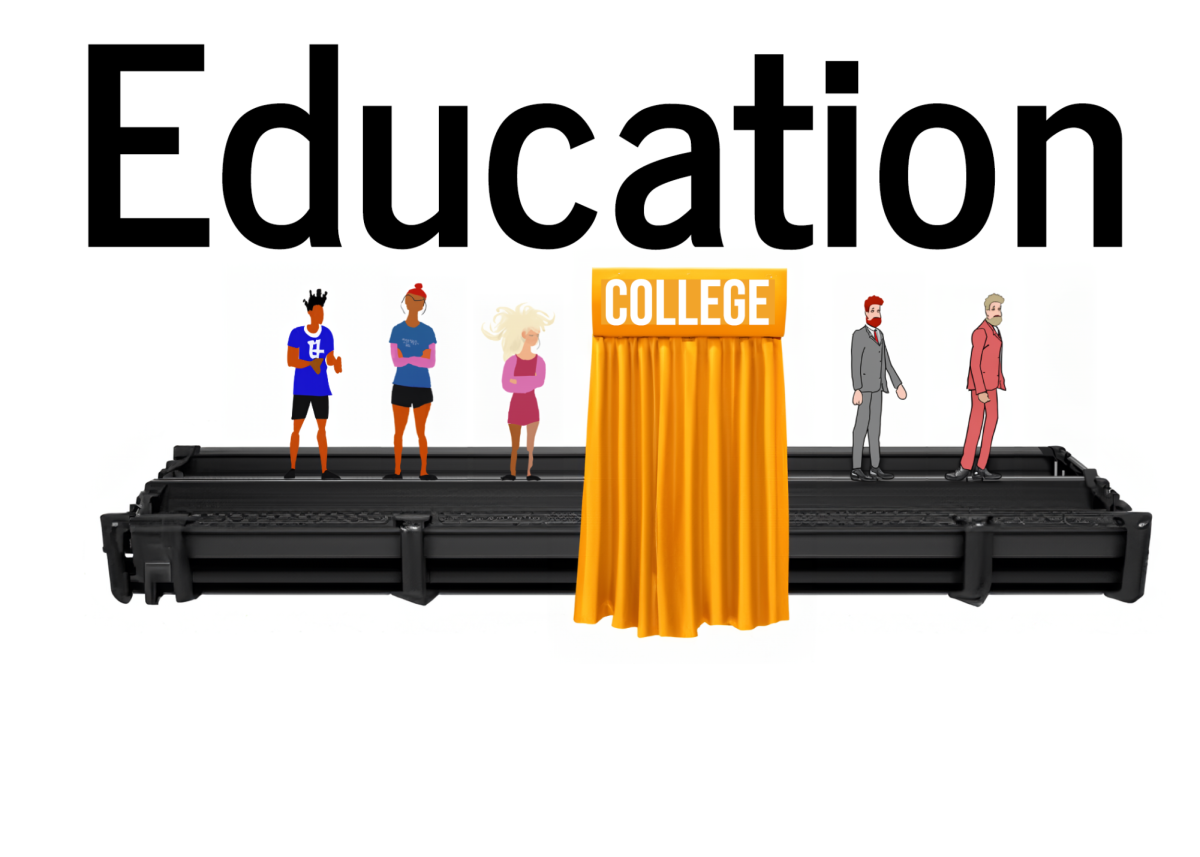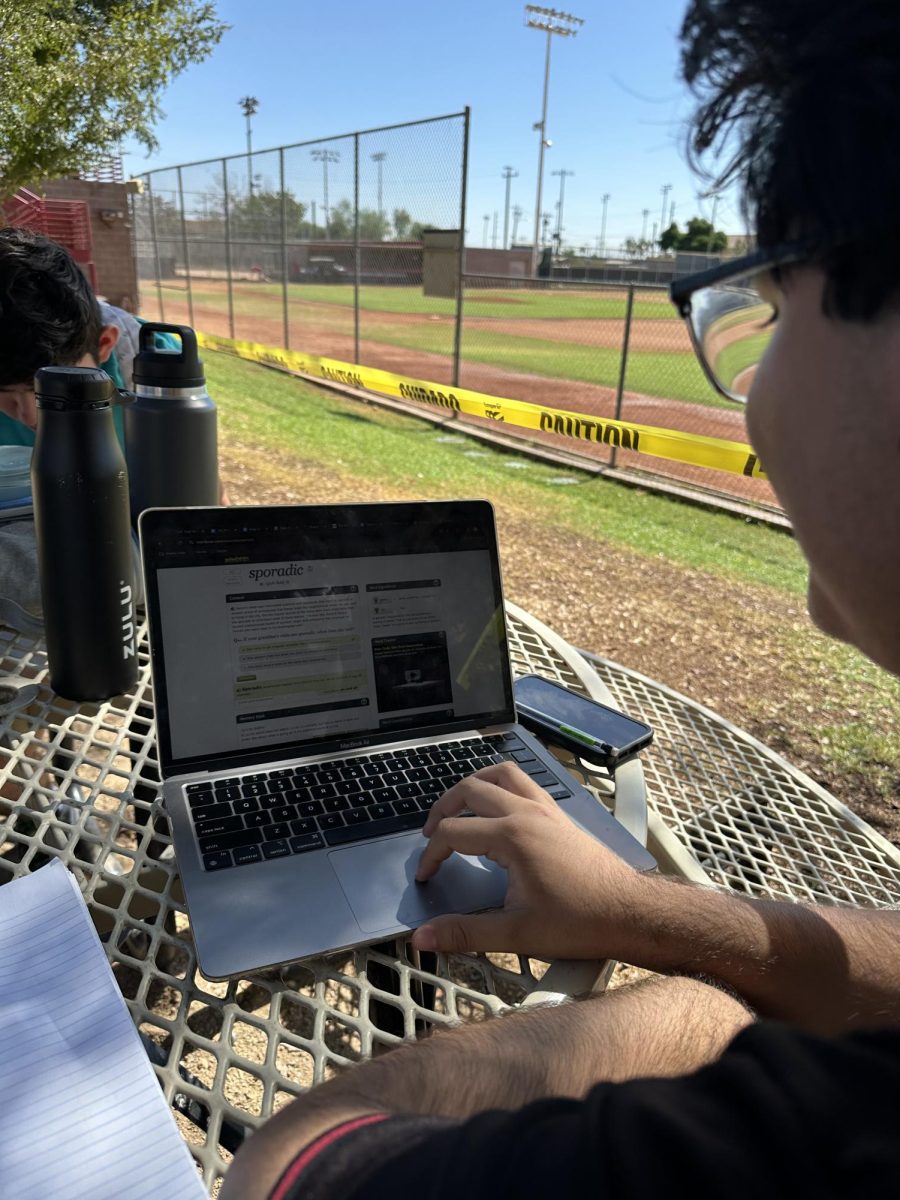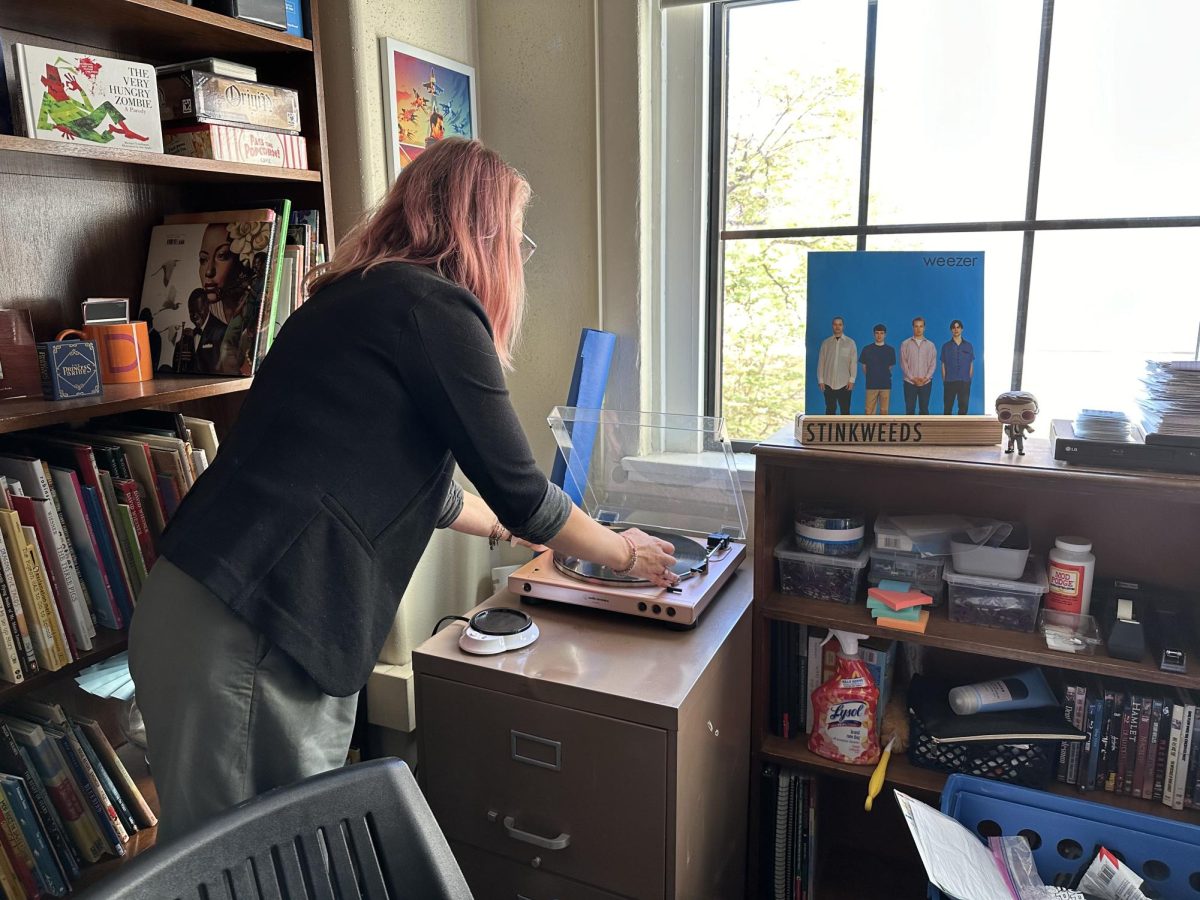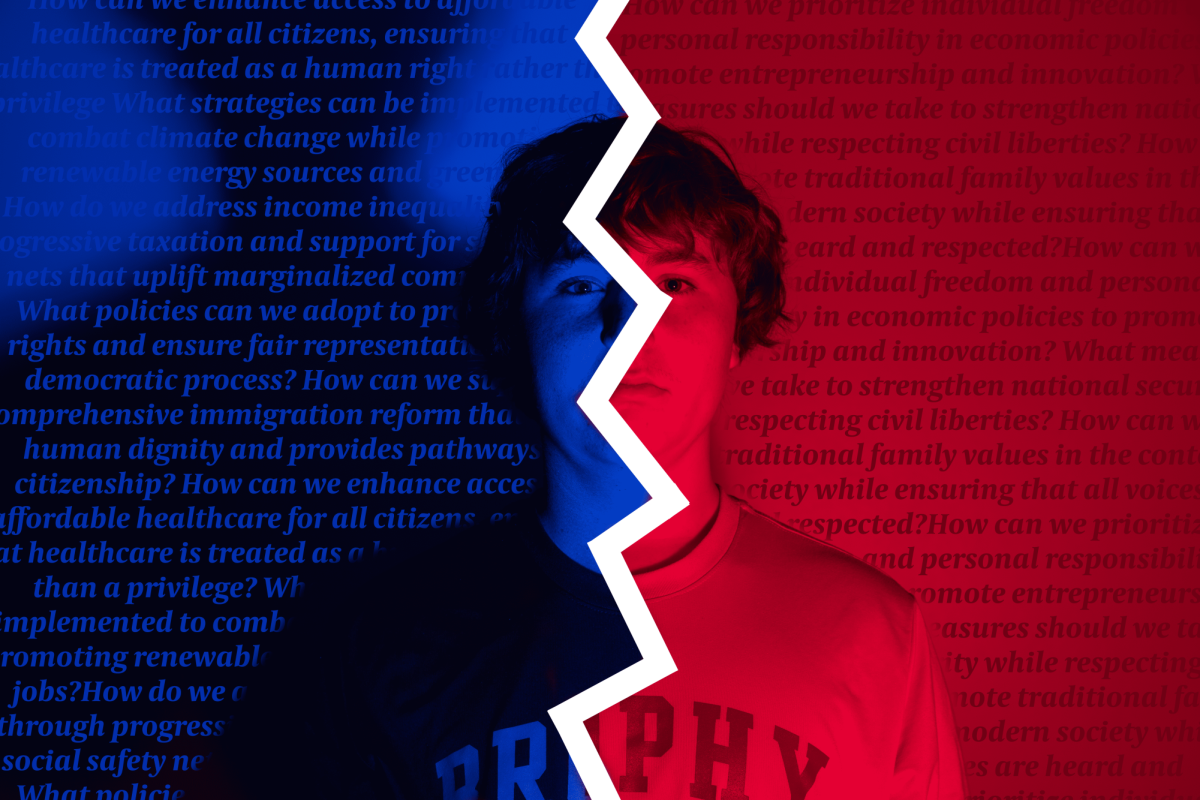By Michael Mandeville ’11
The Roundup
When the Summit began this year, I had this feeling people had some idea what they were getting into.
Corrupt corporations and the exploitation of workers was something students were not completely naïve to. We were aware that there were problem with companies like Nike, but it never bothered us to the point where we inconvenienced ourselves over it.
The point is we were faintly aware of the problems.
Then Brophy started to throw globalization in our faces with this most recent Summit. Now this was not the first time I had the term thrown at me.
Last semester in my Gospels in Action course, Deacon Joseph Stickney spent a fair part of the class lecturing about Caritas in Veritate, an encyclical that actualized for us the theory of globalization as it applies to the development of future economies and cultures.
So I was decently versed in the subject, but I remained curious to see what else the Summit would provide for students.
And so it began, the installation in the mall went up, the talk around school began to echo the Summit and the daily schedules became a mystery, making Mr. Tom Danforth cry.
The title “Room at the Table” really embodied all focuses of this Summit, and this became obvious as soon as the opening Mass and first assembly led by Fr. Doug Marcouiller S.J. He outlined the consideration for the dignity of individuals that would be necessary to thrive in a globalizing world while maintaining moral standards, and this was exactly how the Summit should have kicked off.
Though we had speakers who examined the application of moral economics and ways to create flourishing businesses, I personally believe it is our responsibility as humans to fix the problems people are currently facing.
Though it may not seem to be in our direct control as consumers to influence the working conditions and wages of laborers, for example the problems with Nike in Indonesia (among other countries), we can do more than we think.
Jim Keady of “Behind the Swoosh,” which is a short documentary about Nike’s inhumane conditions for its workers, provided many solutions during his presentation for students, and more importantly the results of these efforts to create a better environment for its work force.
We can write to the executives of corporations, pressuring them to change their policies, or stop buying products made by corrupt companies.
Like the issue with women and the abuse of their dignities they had to undergo in order to receive their monthly days off that Keedy explained, other problems can be fixed.
That is just one area in which we can take action. But it is only the beginning of our responsibility.
There is question whether or not people should be affected by the problems exploited laborers face, and without a doubt I believe it is necessary that we are affected in order to create change.
I don’t understand why people believe as consumers they should not be giving anything up that inconveniences or eliminates unnecessary amenities in their lives.
It is our willingness to put the reality of iconic corporations and their misdoings to the back of our minds that has allowed these companies to completely succeed their own way.
We must be willing as people to fight for others’ rights, not just ours.
If the price of a $100 pair of shoes is raised by 10 percent, so be it—we shouldn’t be buying such expensive foot-ware in the first place if the economy is on our mind.
It could be that the extra 10 percent helps buy one worker necessities that cannot be fulfilled by his or her lousy wage, which should be enough satisfaction.
It is not just reform that is needed, it is a modification of the modern principle of society.
Start with Nike, then we can move onto Coca Cola, then to Dole then Addidas.
The process for students should begin now, and I know that Brophy students are not just aware of the problems but creating solutions while fighting against the immorality of certain corporations.
So it is in your hands as well as mine.
This is our future, a future where we should work for others, and no longer ourselves.





















